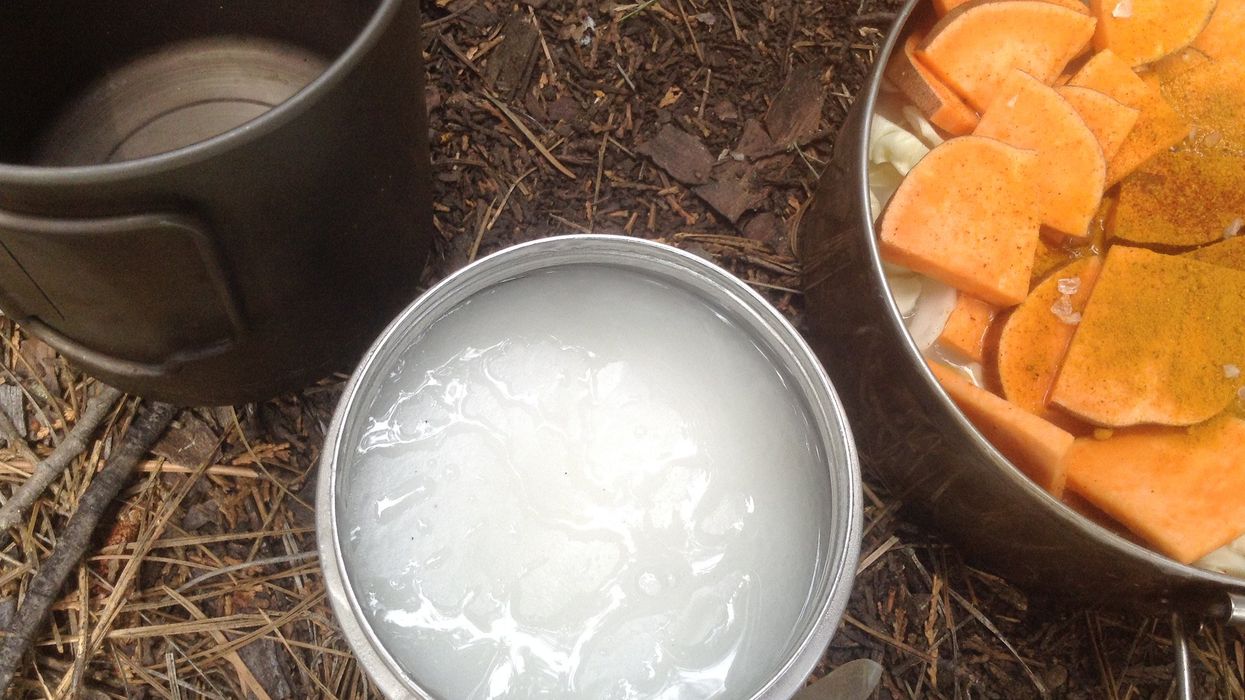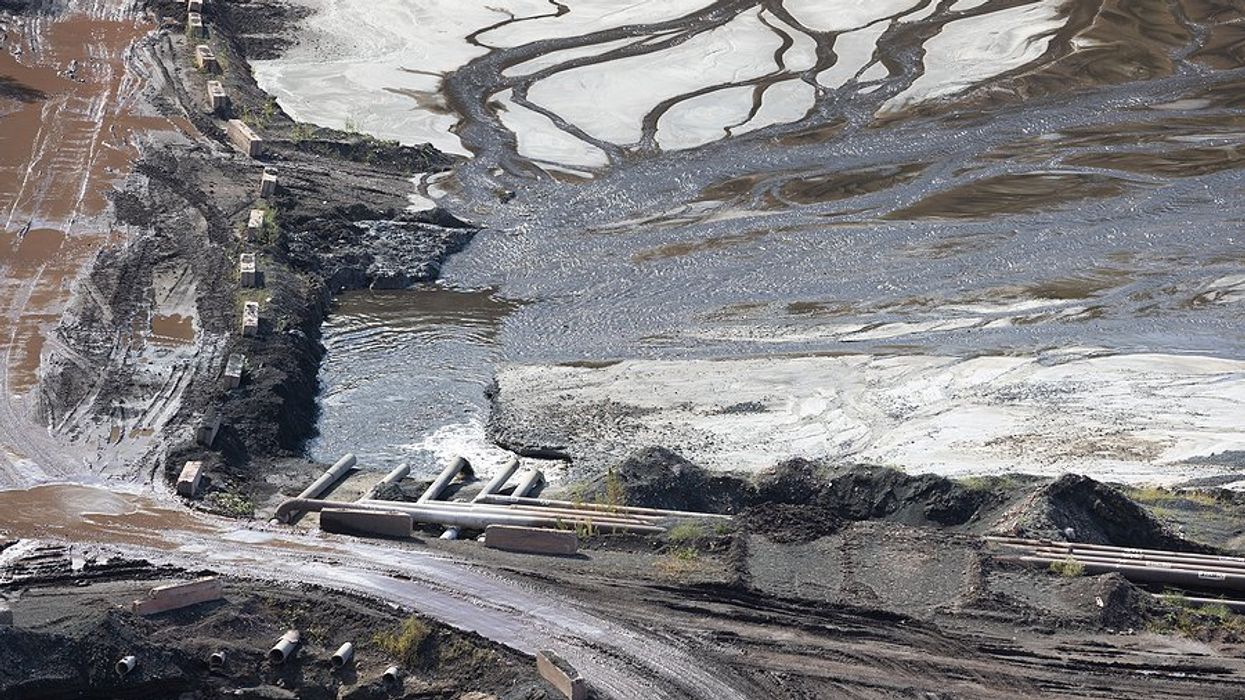An examination of recycled plastic pellets from several countries found they contain hundreds of hazardous chemicals, according to this recent study published by Data in Brief.
In short:
- The study detected 491 chemicals in recycled pellets, with evidence to suggest the presence of an additional 170 compounds.
- The chemicals found included plastic additives as well as pesticides, pharmaceuticals, and industrial chemicals.
- When compared to original (unrecycled) pellets of the same type of plastic, the recycled pellets contained more chemicals in higher amounts.
Key quote:
"Plastics act as a Trojan horse, absorbing chemicals in contact with them, with the potential for these compounds to be later released into the environment."
- Study coauthor Dr. Eric Carmona Martínez, via direct correspondence
Why this matters:
Hazardous substances can contaminate plastics at any point during their lifecycle, and because companies are not required to monitor the composition of their plastics, recycled products contain an unknown number of chemicals. As a result, recycled plastics are potentially more toxic than their original counterparts, highlighting the need for policies that gate how these plastics can be used.
Related EHN coverage:
- Chemical recycling “a dangerous deception” for solving plastic pollution: Report
- Recycling plastics “extremely problematic” due to toxic chemical additives: Report
Carmona, Eric et al. for Data in Brief vol. 51. Dec. 2023
- Pete Myers: The plastic road to hell is paved with good intentions ›
- Recycling plastics “extremely problematic” due to toxic chemical additives: Report ›


















